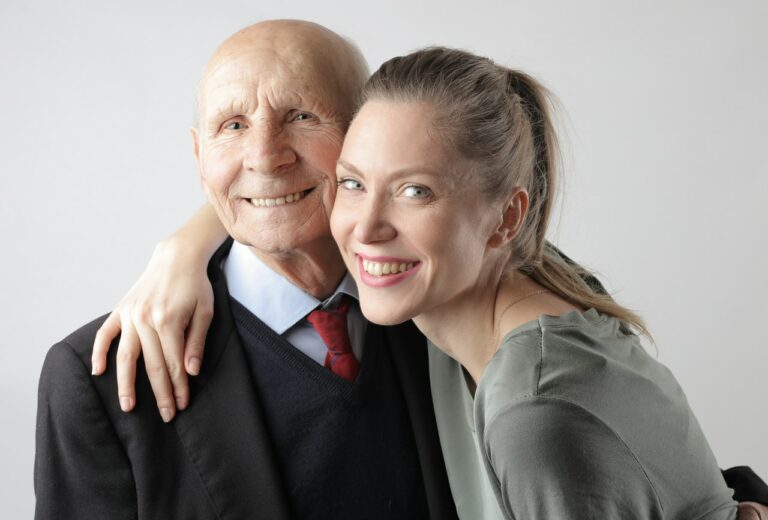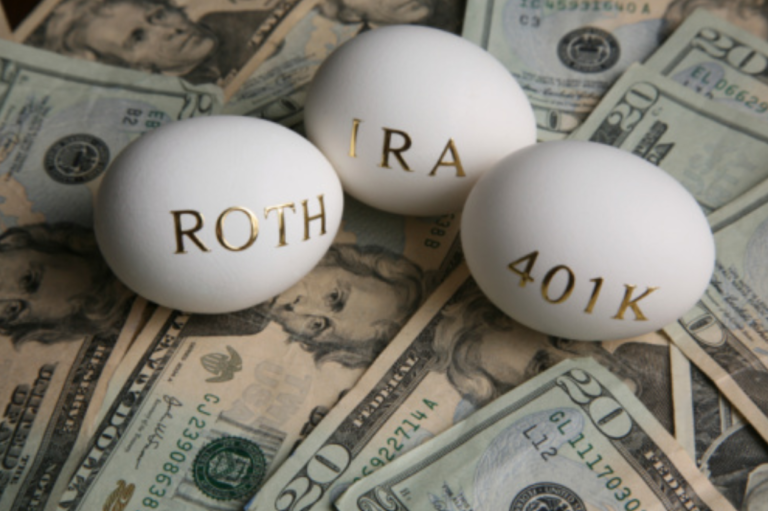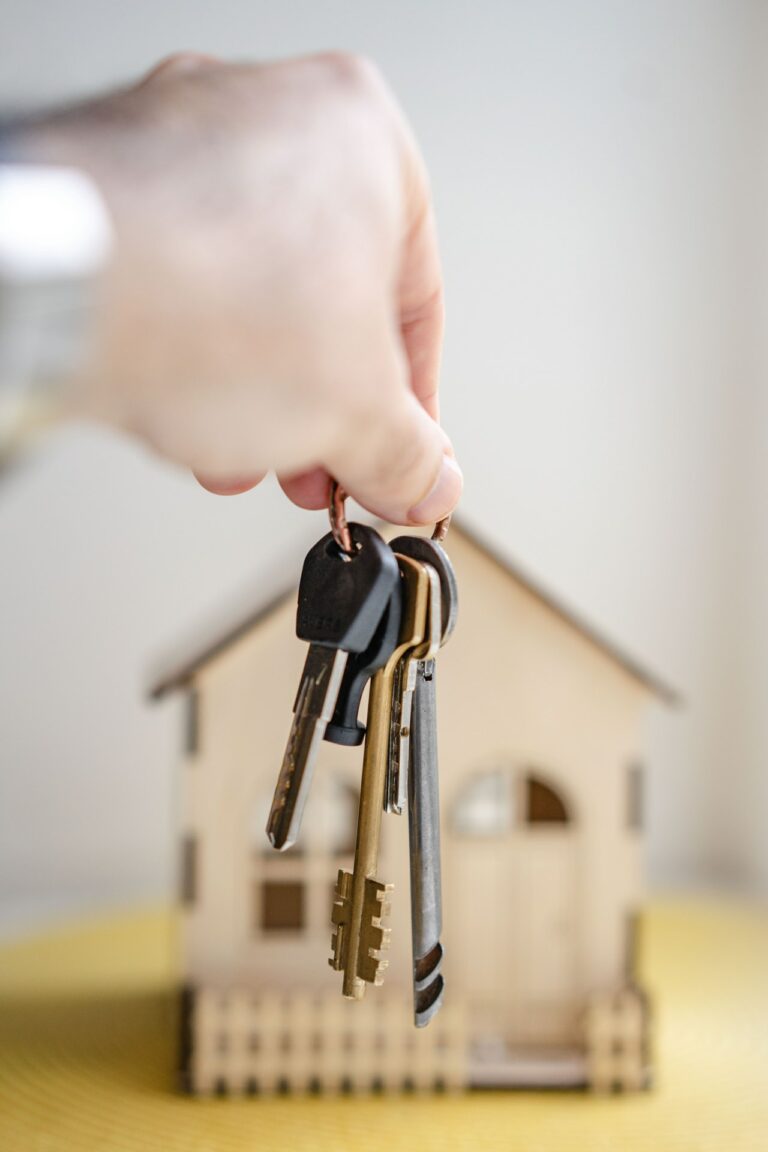
Is Putting a Home in Trust a Good Estate Planning Move?
Homes are illiquid assets that produce no income and come with ongoing costs for upkeep. Those issues can cause some snags with your trust.

Homes are illiquid assets that produce no income and come with ongoing costs for upkeep. Those issues can cause some snags with your trust.

“Gray divorce” — the unfortunately named term for divorce after age 50 — is increasing among baby boomers.

A power of attorney is a legal document with which a principal authorizes an agent to act on the principal’s behalf and for the principal’s benefit.

A discretionary trust is a type of trust that can be established on behalf of one or more beneficiaries.

There are two main kinds of trusts: revocable and irrevocable.

Trusts are often associated with the rich, but the uber-wealthy are not the only people who can benefit from using trusts. There is no minimum asset level or net worth required to set up a trust, and you can put any amount of money into a trust.

As the coronavirus pandemic increased anxiety and upended many lives, it led U.S. millennials to get more serious about end-of-life planning.

Of course, just because you have a living trust doesn’t mean you are all set. Here are a few of the most common mistakes people make with their living trusts.

Planning for your future should start after you get a job. Therefore, it is advisable to start saving a certain percentage of your salary every month and buying assets whenever you can. That will guarantee that you will have a comfortable life after retirement.

Creating a trust as part of an estate plan can help protect assets and ensure your financial legacy is preserved. If you’re married, you may consider establishing a QTIP trust, which is short for qualified terminable interest property trust.